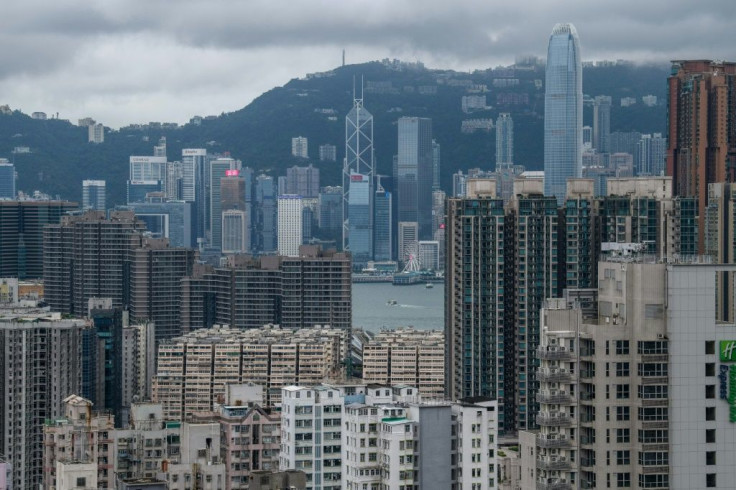Hong Kong Tech And Finance Professionals Are Eyeing America Amid Violence

Most businesspeople will agree that a good place to operate is one that has three characteristics: peace, stability and a free market economy. In Hong Kong, all three of these traits have eroded beginning in 1997 when the former British Colony was handed over to China to the latest round of violence by anti-Chinese rioters. The result is that Hong Kong technical and financial professionals are now looking at the United States and other countries as alternate places to operate their businesses.
The urgency for bankers and financiers yearning to pull up stakes in Hong Kong and set up shop in the United States has never been higher. Aside from the unrest and China’s zeal to re-unify with Greater China (Hong Kong, Taiwan and Macao) under Communist rule, is that on Nov. 21, the investment required for the EB-5 U.S. investment visa jumps to $900,000 from the current $500,000.
The increase is part of an effort to stop money laundering. Currently, the half million dollars will grant a two-year conditional green card in return for investments in struggling parts of the United States. John Hu, principal consultant of John Hu Migration Consulting, told the South China Morning Post from his Hong Kong office, "The protests is definitely a catalyst for people who are determined to go to the U.S.”
He added, "This is a very favorable destination…so people are rushing in” in reference to the EB-5 visa also known as the “golden visa." He also said that the U.S. trade war with China is a further motivation and that he is receiving thousands of callers a month, mainly from those interested in heading to the United States, Canada and Australia.
Another view was offered by Huw Watkin, head of the risk, research and investigation company Drakon Associates, speaking to the SCMP. He says that the weakening economy and even racist comments by the pro-Chinese lobby are not helping the situation.
The comment he was referring to was made by Junius Ho, a former member of Hong Kong’s Legislative Council, about pro-democracy politician Claudia Mo. Ho stated that Claudia Mo "eats foreign sausage" in reference to her British husband.
Watkin said, "Incomes have been static for years, the cost of living remains very high, and racist comments by the business elites and pro-China political lobby give the sense that westerners are actually no longer welcome in Hong Kong. Given that China is clearly more aggressively nationalistic, here as elsewhere, I am not surprised that people are leaving.”
Another concern of Huw Watkin is that China will not honor the “Basic Law” under which Beijing agreed to 50 years (until 2047) of self-government and autonomy. He said, "Hong Kong is this entrepot [port], this cosmopolitan place, and has been so since its inception. There was a deal and I think it's incumbent upon the Chinese administration to honor that deal. In Hong Kong, it's a very unique situation and frankly, it's very hard to predict how this will turn out."
© Copyright IBTimes 2025. All rights reserved.





















